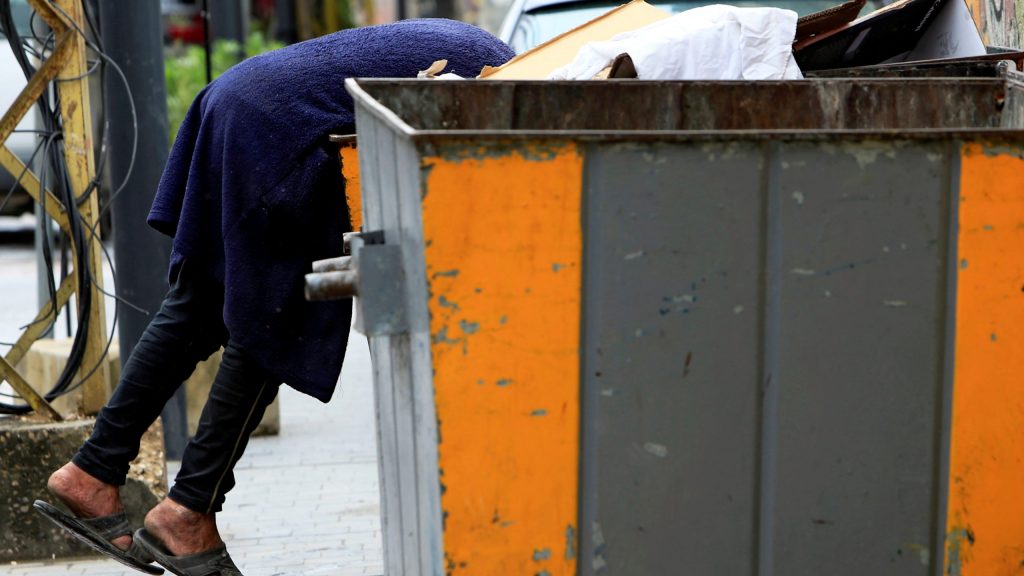Lebanon's Maronite Catholic Church is drawing up a comprehensive social assistance and food aid plan to help needy families as more Lebanese slide into poverty amid the country's financial collapse.
The initiative, announced May 6 by Lebanese Cardinal Bechara Rai, Maronite patriarch, will be based on an inventory of needs carried out by its dioceses, religious orders and Caritas Lebanon. It will include "every family that suffers from a lack of a breadwinner" so as "not to fall prey to hunger, despair and death," Cardinal Rai said from Bkerke, the patriarchal seat north of Beirut.
Lebanon's economic crisis further deteriorated after nationwide protests against a corrupt political class erupted in October 2019. Since then, banks have limited withdrawals, and the local currency -- pegged to the dollar at a fixed, unchanged rate since 1997 -- has shed more than half its value. Inflation has climbed to more than 50%.
Nearly 50% of Lebanese are living below the poverty line, and unemployment has reached 35% of the working population, according to the government. Many of those who still are employed have seen their salaries slashed in half.
Job losses and economic hardship were further exacerbated by Lebanon's lockdown measures to deal with the COVID-19 pandemic.
Fresh waves of protests have erupted recently despite the lockdowns as the country's currency plummeted.
The church, Cardinal Rai said, now has a "heavy-duty" role toward the poor and the needy, "whose number is increasing due to the economic and financial crisis and suffocating living, the random and exploitative rise in the prices of goods, and the low purchasing value of the Lebanese pound and because of the paralysis that the coronavirus has inflicted on all of us."
Pointing to its renowned social service, particularly reflected in educational, hospital, social and humanitarian institutions, Cardinal Rai said the Maronite Church in Lebanon helps more than 33,400 people.
The Lebanese government -- formed in January -- approved an economic rescue plan April 30.
Cardinal Rai noted that the May 6 Bkerke meeting to plan the aid initiative coincided with a meeting at the presidential palace to study the rescue plan.
"We hope for the success of both the state and the church, for the greater common good and the well-being of citizens, each in their sector of activity and their means," he concluded.
Separately, on May 6, Lebanon's interior minister announced the partial reopening of churches for Sunday Masses and mosques for Friday prayers to welcome their faithful "at 30% of their maximum capacity," as part of the government's plan for the reopening of the country during the worldwide pandemic.
Lebanon has recorded 784 cases of coronavirus, with 25 deaths, as of May 7. Those include 34 new cases of the virus, 33 of whom are Lebanese who returned from abroad.

